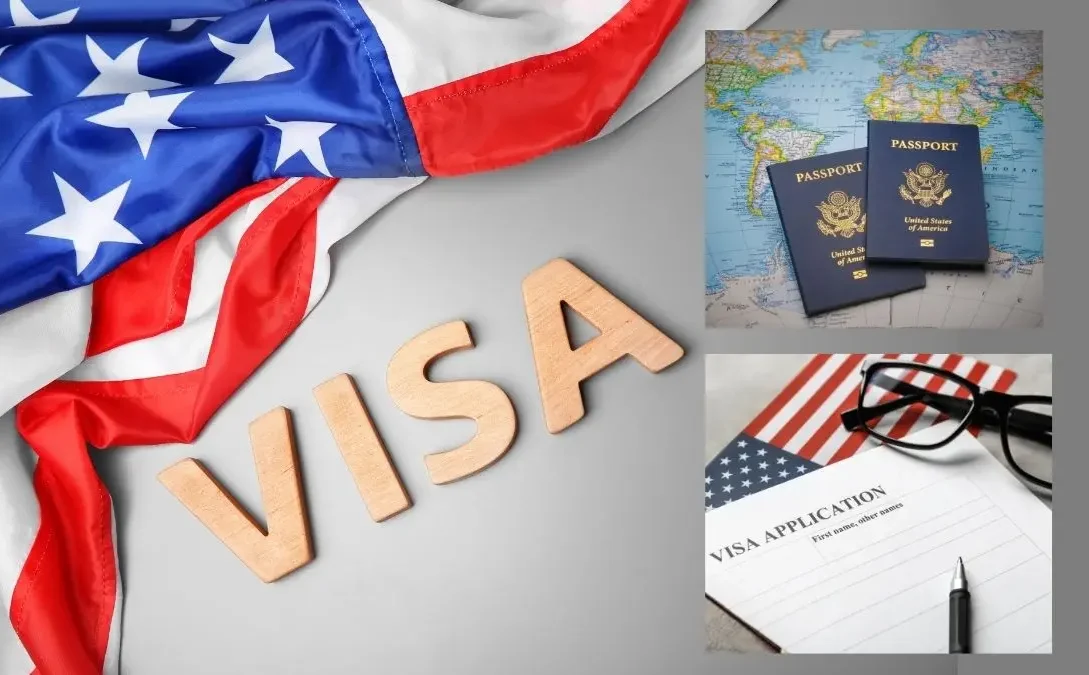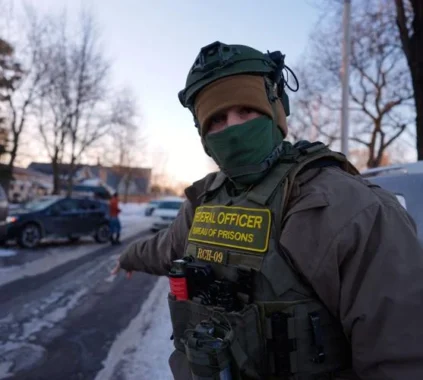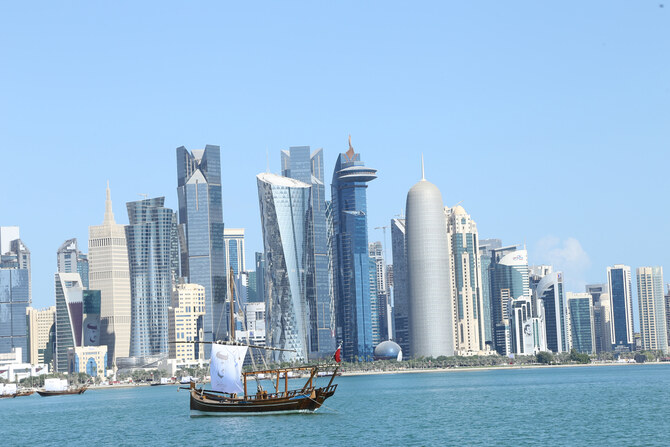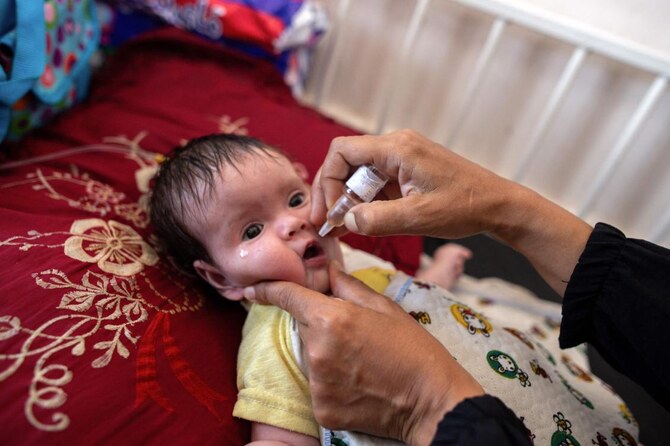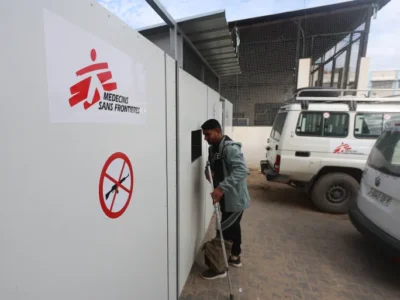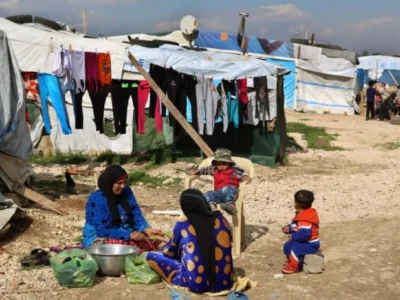The US state department said Monday that as part of a pilot initiative to reduce visa overstays, the US would soon start forcing some foreign citizens to pay visa bonds of up to $15,000. The action is a component of US President Donald Trump’s ongoing campaign to strengthen immigration laws since taking office again in January. Beginning on August 20, the 12-month program will be applicable to some applicants from high-risk nations for visa overstays for B-1 business and B-2 tourist visas.
What is the new US Visa program?
Additionally, “consular officers may require covered nonimmigrant visa applicants to post a bond of up to $15,000 as a condition of visa issuance,” according to a US State Department notice scheduled to appear in the Federal Register on Tuesday. If the tourist complies with the conditions of the visa, the $5,000 minimum bond will be reimbursed. Those who stay in the US for longer than is allowed will lose their whole bond. For individuals who must pay the bond, the scheme also limits admission and departure to a list of pre-selected airports in the United States.
Who will be impacted?
According to the nation’s state department, the policy targets explicitly citizens of nations with “high visa overstay rates” as noted in a Department of Homeland Security (DHS) study from 2023. Posting a bond may also be necessary for candidates from nations “where screening and vetting information is deemed deficient” or where citizenship may be obtained through investment without a residence requirement.
In answer to an AFP question, a State Department official stated, “Countries will be identified based on high overstay rates, screening and vetting deficiencies, concerns regarding acquisition of citizenship by investment without a residency requirement, and foreign policy considerations. Nevertheless, the warning and the spokeswoman did not specify which nations would be impacted right away.
Countries including Chad, Eritrea, Haiti, Myanmar, Yemen, Burundi, Djibouti, and Togo have demonstrated significant overstay rates, according to DHS and US customs and border protection data, which news agency Reuters quoted.
What will happen?
The purpose of the bonds is to serve as a financial deterrence. Visa holders will receive a complete reimbursement if they depart the country on schedule. The authorities will keep the money if they overstay. Only candidates for B-1 and B-2 visas will be subject to the pilot, which will require them to enter and exit certain airports. Although a spokeswoman pointed out that the criteria and nation list could change in the future, the state department stated that it is unable to predict the number of individuals who would be impacted.
What is being said by the Trump administration?
According to a state department official, the pilot demonstrates the Trump administration’s dedication to upholding US immigration rules and protecting US national security. A key pillar of the Trump administration’s foreign policy to protect the United States from the clear national security threat posed by visa overstays,” the notice calls the program. During Trump’s first term, a similar pilot was unveiled in November 2020, but because of the COVID-19 epidemic and its effects on international travel, it was never completely implemented. As transatlantic airfares have returned to pre-pandemic levels and travel from Canada and Mexico has decreased by 20% annually, the group also saw indications of dwindling foreign interest in US tourism.


